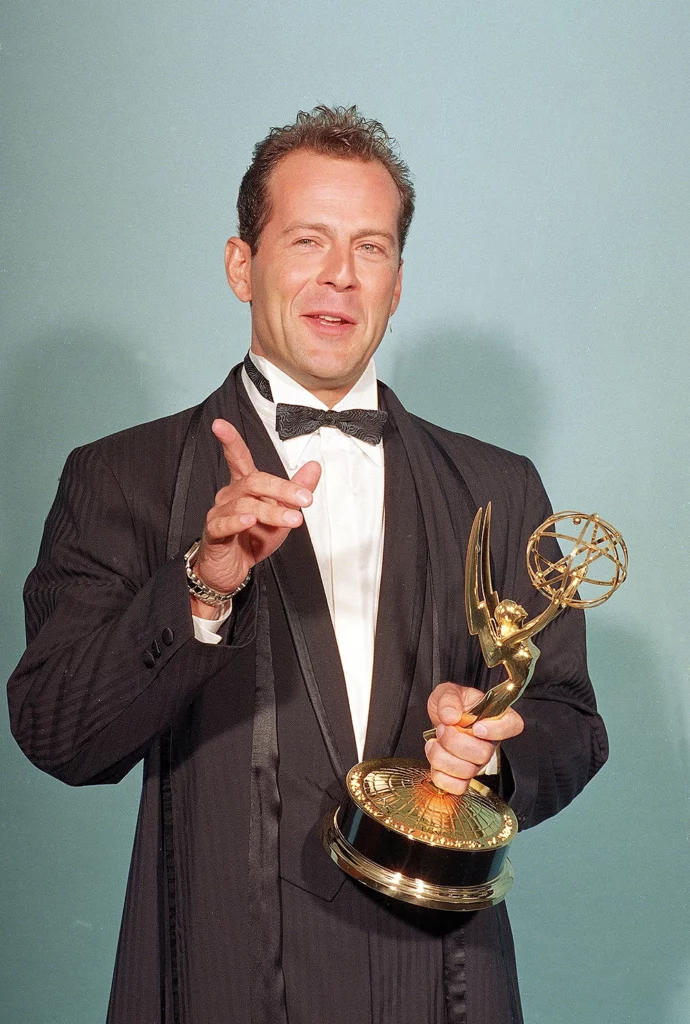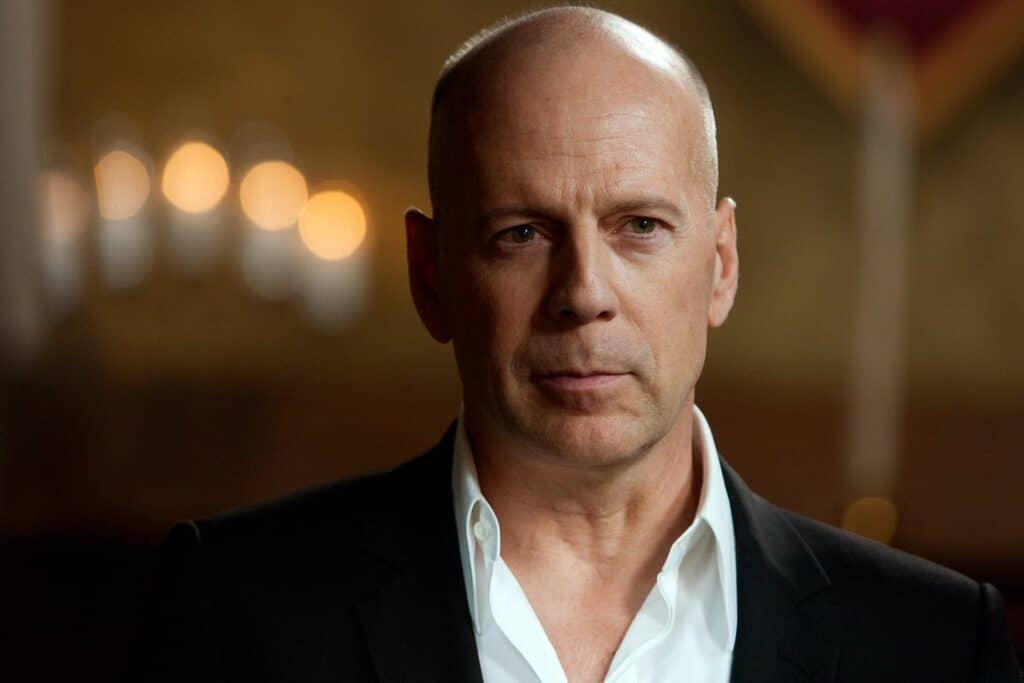Can you believe that he achieved that in a non-action blockbuster?
Hollywood and its global audience plunged into a melancholy nostalgia as the iconic action superstar, Bruce Willis, confronts an escalating dementia diagnosis. For over forty years, Willis has held a firm grip on the hearts of movie enthusiasts with his superior fusion of masculinity and tenderness, often capped with impeccably timed one-liners just before the inevitable defeat of the villain.

With that, Willis has secured an indelible place in the annals of film history as one of the most celebrated action stars. His extensive portfolio of box office hits, including the famed “Die Hard” series, “Armageddon,” “G.I. Joe: Retaliation,” “The Expendables,” “Pulp Fiction,” and “The Fifth Element,” among others, catapulted his career earnings to an estimated $5 billion globally, carving his name among the highest-grossing actors of all time.
This string of blockbusters empowered Willis to demand some of the most extravagant paychecks in the history of Hollywood, particularly during the mid-to-late 90s and 2000s. The actor’s ability to command a minimum base salary of $14 million per film during this period is a testament to his star power and audience appeal. He bagged $14 million for “The Last Boy Scout” in 1991, $15 million for “Die Hard: With a Vengeance” in 1995, $16.5 million for “Last Man Standing” in 1996, and $14.8 million for “Armageddon” in 1998.
Remarkably, Willis holds the record for a single film’s most significant individual payday, making him arguably the highest-paid actor of all time. However, as many might predict, an action movie did not set this record. Instead, a psychological thriller propelled Willis to this pinnacle of earnings.
In late 1997, Disney executive David Vogel came across a script by an unheralded screenwriter, M. Night Shyamalan, titled “The Sixth Sense.” Entranced by the narrative, Vogel bought the film rights for $3 million, even consenting to Shyamalan’s request to direct the movie. This impulsive decision irked Disney’s higher-ups, including former CEO Michael Eisner, leading to Vogel’s expulsion from the film division.

In the fallout, Disney offloaded “The Sixth Sense” rights to Spyglass Entertainment but retained a 12.5% distribution fee. Now left with a potentially explosive script, Shyamalan and Spyglass sought a reliable star to front their project, zeroing in on Bruce Willis.
Spyglass agreed to give Willis $14 million as a base salary, with 17.5% of the film’s profits and a comparable percentage of DVD and licensing proceeds. Meanwhile, Vogel had been unceremoniously dispatched from Disney’s ranks and spent almost a year meandering in another division before his termination in June 1999.
“The Sixth Sense” hit theaters on August 6, 1999, and immediately captivated audiences. The movie, with a production budget of $60 million ($40 million for production and $20 million for marketing), ended up grossing $670 million worldwide and earned the title of 2000’s most-rented movie.

In a triumphant twist of fate, “The Sixth Sense” became Willis’ highest-grossing film, surpassing “Armageddon” by approximately $120 million. His initial $14 million fee ballooned into a staggering $114 million total payday, courtesy of the film’s enormous backend revenue.
To this day, Willis and Tom Cruise are the only two actors to have earned more than $100 million from a single movie. Cruise achieved this feat thrice with “Mission Impossible 2,” “War of the Worlds,” and “Top Gun: Maverick.” Yet, Willis’ record still needs to be fixed. When adjusted for inflation, his $114 million in 1999 would be equivalent to a remarkable $194 million today.
Following his ousting from Disney, David Vogel ventured into consulting, a business that unfortunately didn’t take off as he might have hoped. Subsequently, he found solace in a Buddhist monastery, studying meditation before eventually moving to Palm Springs. Here, he founded Digicom, a film festival and education company, indicating his resilient passion for the entertainment industry despite the severe setbacks he endured.
As the legendary action star Willis battles dementia, we’re reminded of his extraordinary journey through Hollywood—a path filled with action, thrill, and unexpected turns. His illustrious career and unforgettable characters will forever remain imprinted in the hearts of audiences worldwide.


